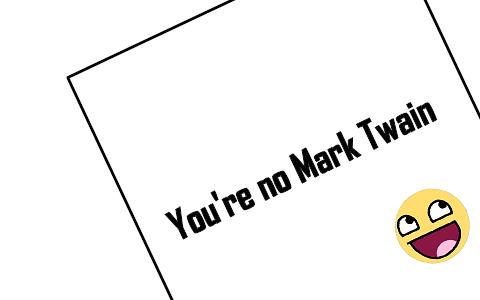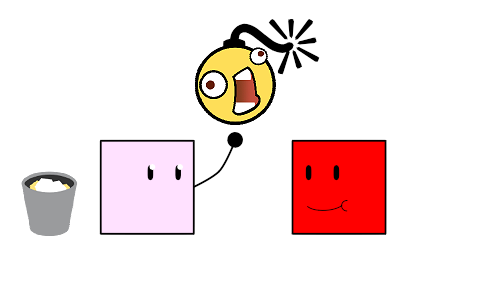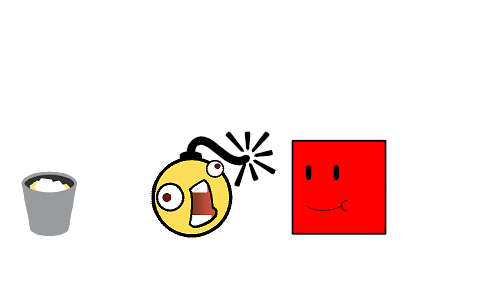I am not sure there is anything to add to the last post but here we go…
I’ve written for about five years now, and have had a lot of criticism since then. I guess perhaps I have been lucky that there have not been that many asshats, but there have been a few that has been a bit of a gut punch, especially at the start. My reaction depends on the type of criticism.
- Not the intended audience: Sometimes there are criticism dealing with such deeply ingrained facets of what I am writing, that it is obvious that they are not part of the audience I am writing for. That is sad, but I can’t please them all.
2: Nitpickers: Sometimes people react hugely to minor thing, or have certain ticks that just triggers them. Or maybe they want to show that they really read and understood a piece by attacking tiny details of it. The grammar nazis are a subset of these, and in nearly finished story they can be super useful as proofreaders, but sometimes I just don’t agree with them. I tend to play hard and fast with grammar and language when I want to make certain impressions (got a poetry background), and some people just can’t stand that. Which I understand. Once I had a long running argument/discussion about the singular they when writing an sf story about beings that had no gender, and well… augh. This is the criticism I hate the most, but which I also know is very useful for me so I try to be polite and not dwell.
3: “I would have done it differently”: Often other writers/would be writers, they are the backseat drivers who often like part of what you did, but would have done it differently. Sometimes you can get some good ideas there, but if you listen too much, it might end up not being your story at all in the end.
4: “This is great, but MORE/less of…”: I get this especially when I write horror. People want more/less gore. More/less talking. More/less action. More/less everyday life. This is a good criticism if they are part of your intended audience. If you want to be published in Goremondobizarre then you probably should add more blood, but if you re going for a spooky piece for a women’s magazine, probably a lot less. As long as you are aware what you are writing and for who, this is great criticism even if you don’t agree with it, because it can make sure you are o the right track.
5: “Wow, this/you sucks”: Sometimes people get off on hating on others. I think artists have it worse there, since fewer of them can be arsed to actually read through a long piece of text to tell someone that they are a talentless hack. If they just say something is bad, ignore them. If they say they didn’t like it, too bad for them. If they can’t even be bothered articulating why they don’t like it, then I can’t be bothered listening to them.
6: The helpful critic that is right: This is the hardest part, because sometimes the criticism might be entirely right and legit, but you can’t change anything for reasons. Maybe it is already in print, and you just have to keep this in mind for the future. Maybe the thing they pointed out is a giant plothole in the story, but it is already almost done and you have a deadline and if you fixed the plothole then you wouldn’t even have a story. Maybe they want other choices in the game, but to put them in would mean the game getting too big. They really are helpful, but things they do not know make their advice unhelpful and this is really tough. At least for me, I have a really hard time disregarding what they say, since I know they are right. I have literally scrapped two finished books because of this. And that HURT, but I couldn’t put out a product with such huge flaws in it.








 and a wish” type of critique when posting comments about an author’s game, because yes it is true that human nature compels those being critiqued to focus on the negatives.
and a wish” type of critique when posting comments about an author’s game, because yes it is true that human nature compels those being critiqued to focus on the negatives.